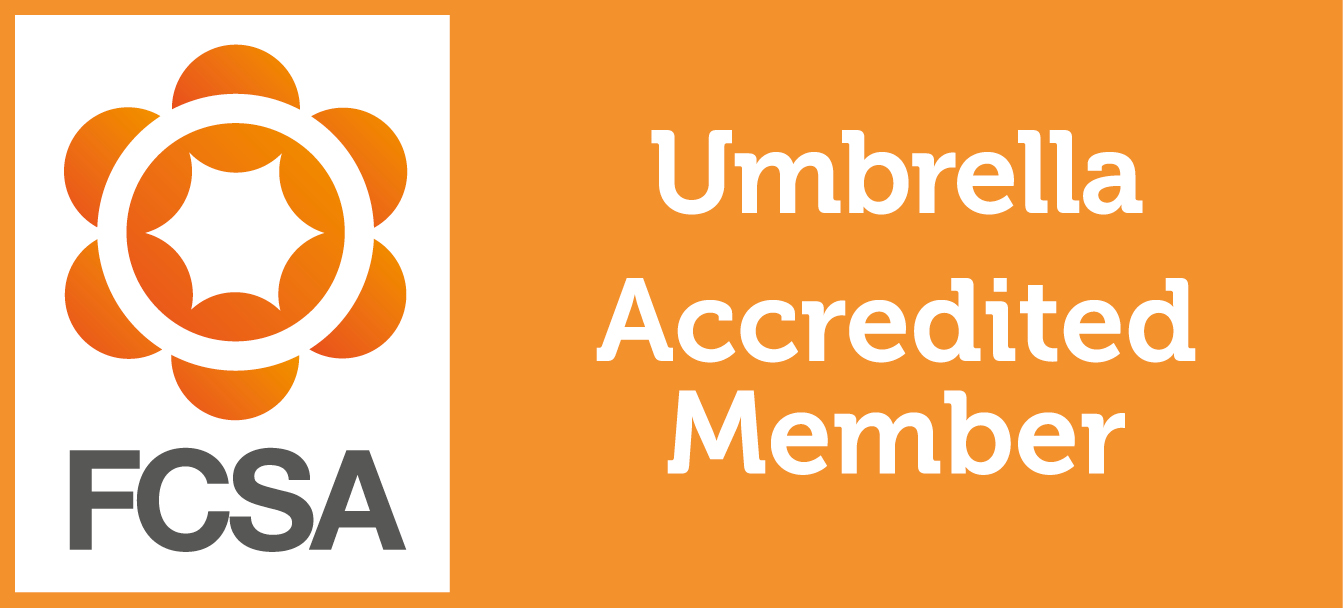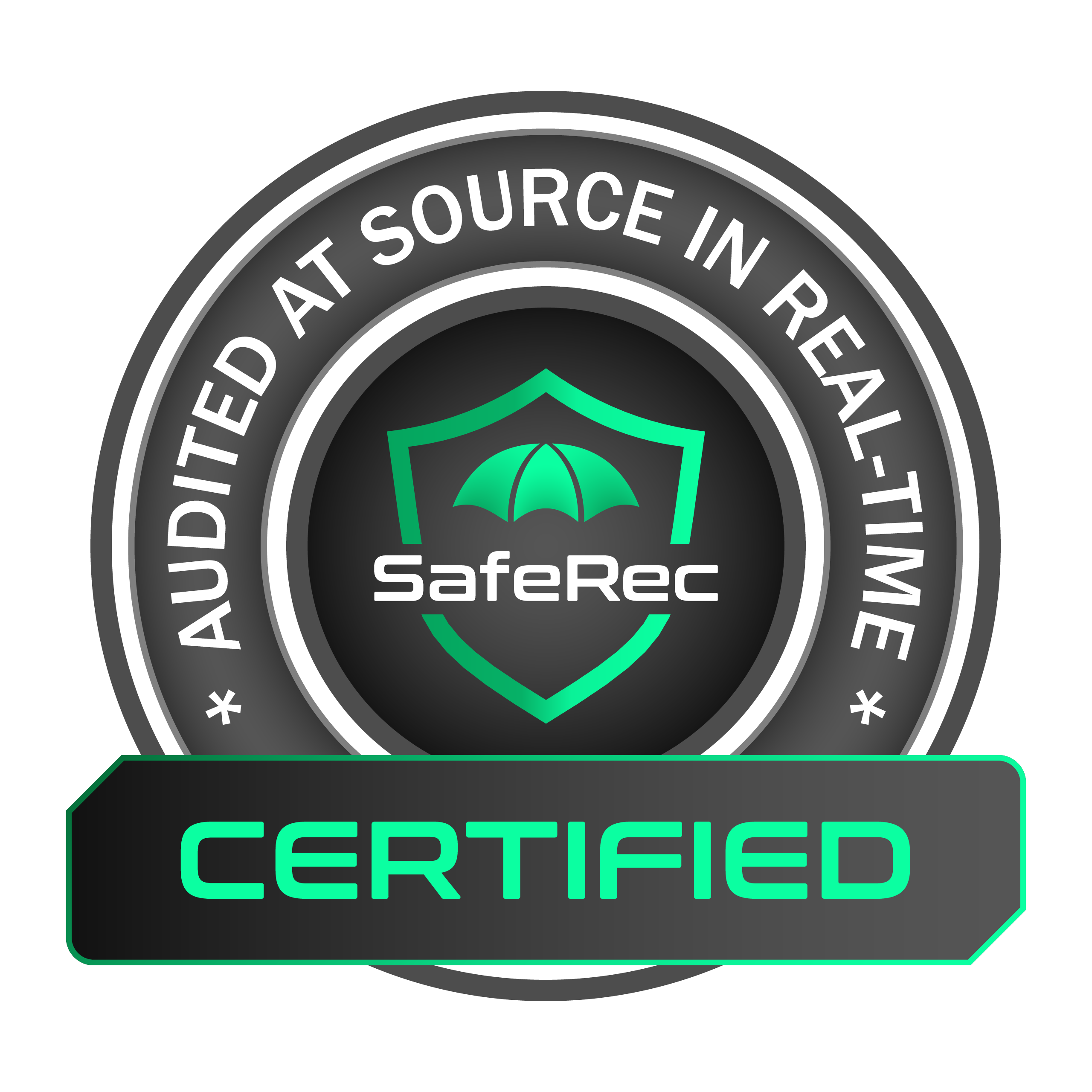Over £800,000 has been lost to Coronavirus scams since February 2020, according to reports made to the National Fraud Intelligence Bureau.
As a result, KIS Finance has put together a clear and simple guide on the most common Coronavirus related scams.
Here is an example of some of the scams going around:
‘Get the latest statistics’
This is a phishing email where the scammers pose as The World Health Organisation (WHO), offering you up-to-date Coronavirus statistics and all you have to do is follow a link. However, the link will infect your device with malicious malware of viruses that could lock you out of your computer, take control of your computer, or access your personal and financial details in order to commit identity theft.
HMRC tax refund
Some scammers are posing as HMRC saying that tax refunds are part of the government’s action plan to help people cope with income shortages amid the crisis. This is not part of the government’s plan and HMRC will never, under any circumstances, contact you via email, text or phone call to offer you a tax refund. This is an attempt to steal your personal information and bank details.
‘Donate to the cause’
This involves fake donation pages set up by scammers. You will be urged to click on a link in the email which will take you to a fake website where you’ll be asked to make a donation to help find a cure to the Coronavirus. This website has been set up to steal your money as well as capture your personal information and bank details. There has only been one fund set by The World Health Organisation and that can be found on their official website – they will not email you asking for donations.
How to avoid Coronavirus phishing scams
- The World Health Organisation (WHO) have stated on their website that they will never ask for your personal details or password via email, they will never send email attachments that you didn’t ask for and they will never ask you to go on to a website outside of www.who.int. WHO say that you can verify whether a form of communication is legitimate by contacting them directly using the contact details on their website.
- Verify the sender by checking their email address. If they’re claiming to be from WHO and the email address ends in anything other than ‘@who.int’, it is a scam so do not click on any links in the email.
- Never give personal information to someone you don’t know, or to someone you haven’t initiated the contact with. You shouldn’t have to give anything to access public information.
- If you see a scam, report it. This is essential in helping you and others.
Considering becoming an employee of Contractor Umbrella?
Give us a call on 01206 591 000 or email jaime.thorpe@contractorumbrella.com.
Email JaimeFake Social Media Adverts
A lot of online scammers are taking to social media to post malicious adverts. Most of these promote miracle cures and treatments for the Coronavirus and try to create a sense of urgency by saying things like ‘Buy now, very limited stock’.
By clicking on one of these adverts, it could either download viruses and malware onto your device or, they may allow you to purchase one of these fake products, but nothing will turn up and the fraudsters disappear with your money and personal details.
Avoid anything on social media that advertises things like this and is clearly trying to profit out of the crisis. Only go to trusted sources like the NHS or government websites for information.
Offering to do shopping
Recent reports have revealed that some particularly nasty fraudsters are attempting to steal money from elderly and vulnerable people by offering to do their shopping for them. These criminals are posting on social media community pages offering anyone who can’t get themselves to the shops to go for them. They ask for the cash upfront in order to pay for the shopping but disappear with the money and never return. They will usually post the messages on social media under a fake name so they can’t be traced or arrested.
If you are in a vulnerable position and you are having to stay at home in isolation, only trust people you know – neighbours, friends, and family – and ask them for help. Don’t turn to somebody you don’t know. Some people do genuinely want to help and will offer genuine services like this, but it’s not worth the risk.
Door-to-door testing
Some scammers have been knocking on people’s doors claiming to be from the NHS and offering Coronavirus tests for a small fee. These tests are not real, and the scammers are targeting vulnerable and elderly people. You should call the police if someone knocks on your door and offers you a Covid-19 test.
To find out more about contracting please contact Amelia on 01442 795 100 or email amelia.bowlez@contractorumbrella.com.













